The News
Broadcom announced VMware Cloud Foundation (VCF) Advanced Cyber Compliance along with updates to vDefend and Avi Load Balancer. These enhancements aim to strengthen cyber resilience, automate compliance, and defend against advanced threats, especially in regulated sectors where risk tolerance is low and governance requirements are high. The release reflects a growing industry reality: AI workloads create new attack surfaces while compliance rules grow more complex across borders.
Why It Matters in the Industry
Security is no longer just a technical hurdle; it’s a business survival issue. theCUBE Research highlights that cyber resilience and compliance rank as board-level concerns, with organizations struggling to balance agility with risk controls. In fact 65% of attacks on large enterprises result in encryption of data, and 71% of multinational firms struggle with cross-border compliance. These numbers underscore why enterprises are demanding platform-level security and compliance baked into their private cloud stacks, not bolted on as afterthoughts.
What Developers and Platform Engineers Could Gain
- Continuous Compliance at Scale: Automated remediation via SaltStack integration directly in VCF Ops Console.
- Cyber Recovery “Clean Rooms”: Push-button isolation and restore workflows that accelerate ransomware recovery.
- Zero Trust for AI Workloads: vDefend introduces lateral security for agentic AI apps, mitigating risks from workload-to-workload communication.
- Advanced Malware Defense: Fileless malware detection (e.g., PowerShell, Jscript) closes long-standing blind spots.
- Post-Quantum Cryptography: Avi Load Balancer integrates NIST-specified PQC algorithms, preparing enterprises for quantum-era threats.
Our Insight
Our research has shown that as organizations shift to AI-driven applications, they must embed compliance automation into their platform engineering. Without it, enterprises face escalating costs from fragmented tools and prolonged incident response times.
This announcement signals VMware’s strategy to position VCF as a secure-by-default private cloud platform, moving beyond virtualization into compliance-native infrastructure. For developers, this could mean fewer obstacles when building secure, compliant applications in regulated environments. For platform teams, it’s about replacing piecemeal security tooling with intrinsic, automated resilience built into VCF.
The larger industry trend? Enterprises are no longer asking if compliance and resilience can be automated; they’re demanding it as a prerequisite for AI adoption.








